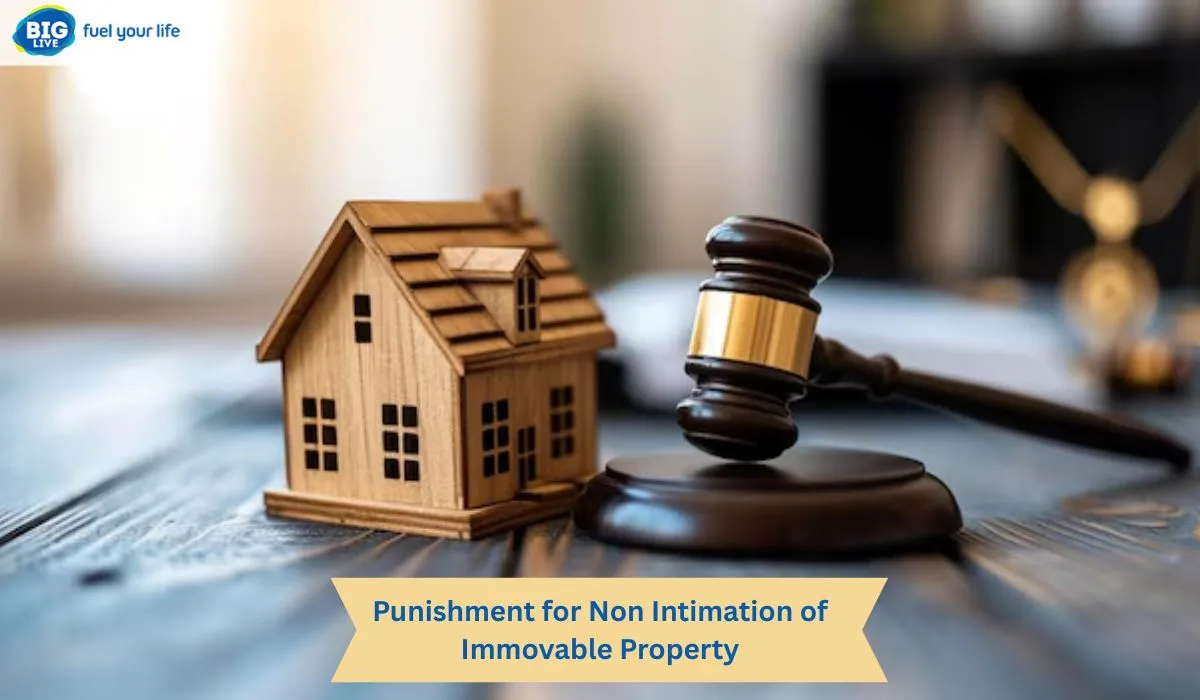If you are on the hunt for your first home, you will find it relatable. Every conversation with professionals will sound the same. You will find it different when someone will introduce himself as a Realtor, with a little ® at the end of her name.
You will start searching. And it becomes important when there’s lakhs or even crores at the stake.
So, here it is. The real difference between Realtor and real estate agent, without any confusion.
Read Also: Punishment for Non Intimation of Immovable Property
Let’s Clear This Up: Realtor vs Real Estate Agent

First off, not all real estate agents are Realtors. But all Realtors are real estate agents.
A real estate agent is a person who has passed the exam and completed his training. He has got a license to help people buy, sell, or rent homes. They’re legally allowed to guide you. The guidance includes areas for a transaction, how to list your property, or how to show your houses.
A Realtor, on the other hand, has done all of that—plus they’ve joined the National Association of Realtors (NAR). And that’s not just a membership card. It means they agree to follow a strict code of ethics, pay annual dues, and often stay more up-to-date on changes in real estate laws and market practices.
So while the roles might look the same from the outside, that badge can change how someone works on the inside.
Read Also:
Are All Real Estate Agents Realtors? Not Even Close
Here’s a stat that surprised me: there are millions of licensed agents across the U.S., but only about half are Realtors. Why? Because becoming a Realtor is optional.
And not everyone wants to join. Some agents prefer to stay independent, skip the membership fee, and work on their own terms. That doesn’t necessarily make them bad at what they do—it just means they haven’t agreed to the NAR’s code of conduct.
But in my case, the Realtor I worked with showed a bit more structure. She was transparent about timelines, offered up reports I didn’t ask for, and didn’t dodge the hard questions.
How to Become a Real Estate Agent (If You're Curious)
Here is the journey of a real estate agent-
- Get a pre-license course - it can be of about 200 hours. It varies from state to state.
- Clear the licensing exam—it is important to pass this exam. It covers basics like property law, contracts, ethics, and fair housing.
- Apply for a license. Remember, this is state specific.
- Sign with a broker, since most states require new agents to work under one.
- Optional: join the NAR and become a Realtor.
If someone wants the extra reputation boost and better access to tools like MLS databases, they often take the Realtor route.
So... Which Is Better? Realtor or Real Estate Agent?
It depends.
Some people will tell you a Realtor is always better, and there’s truth to that—at least in terms of structure, training, and accountability. With NAR membership comes an obligation to play by the book, which is comforting when you’re signing huge contracts or wiring payments.
But honestly? I’ve also met amazing real estate agents who aren’t Realtors. One was an independent guy who knew every street in the area and had 20 years of experience. He didn’t have the title, but he had credibility. And a long list of happy clients.
So if you’re asking, which is better Realtor or real estate agent? The answer is: the one who shows up, answers your questions, tells you the truth, and actually listens to what you want.
Titles matter—but the person matters more.
You May Also Like: Real Estate Developers In Bangalore Krishna Enterprises
Let’s Talk Money: Broker vs Realtor Commission
Now, this one’s even more confusing, especially when you’re budgeting.
A broker is a step above a real estate agent. They’ve taken additional education, passed a tougher exam, and can manage agents or open their own firms.
A Realtor, meanwhile, can be either a broker or an agent—it just means they’re part of the NAR.
So what’s the deal with broker vs Realtor commission?
- There is 5–6% total commission. The buyer’s and seller’s agents share it.
- Then, each agent gives a cut to their broker.
- Being a Realtor doesn’t mean more earnings. However, brokers usually get a bigger piece since they carry more responsibility.
Earnings are not just about titles. It depends on factors like state and nature of contracts.
The realtors role
Here’s where Realtors tend to stand out (at least in my experience):
- They’re held to a written code of ethics, and they can actually be penalized for shady behavior.
- They often have quicker access to new listings and better backend tools.
- Many are connected to a big network. It can help you when you're trying to find something specific.
So, suppose there’s someone who’s been a real estate agent for 10+ years. And knows your market inside-out. Then you may go with the real estate agent choice.
Final thought
For some folks, that extra Realtor label signals a mindset—a more proactive, detail-first way of working. They are more influenced by it. The catch lies in how well you understand the difference between Realtor and real estate agent.
But again: this comes down to the individual, not the title on their website.
FAQs — You Asked, Here’s What I Learned
What’s the actual difference between Realtor and real estate agent?
A Realtor is a licensed real estate agent who’s joined the National Association of Realtors and agreed to follow their code of ethics. Not all agents go this extra mile.
Are all real estate agents Realtors?

Nope. Realtors are agents, but not all agents are Realtors. Only those who join NAR get to use that trademarked title.
Which is better: Realtor or real estate agent?
There’s no blanket answer. Some Realtors bring strong structure and access to tools, while some non-Realtor agents have unbeatable local experience. Go by trust, not titles.
Is there a difference in commission?
Not based on the Realtor title alone. Commissions are typically based on broker agreements and sales splits.
Can a Realtor be a broker?
Yes. A Realtor can be an agent or a broker—as long as they’re a member of NAR.














